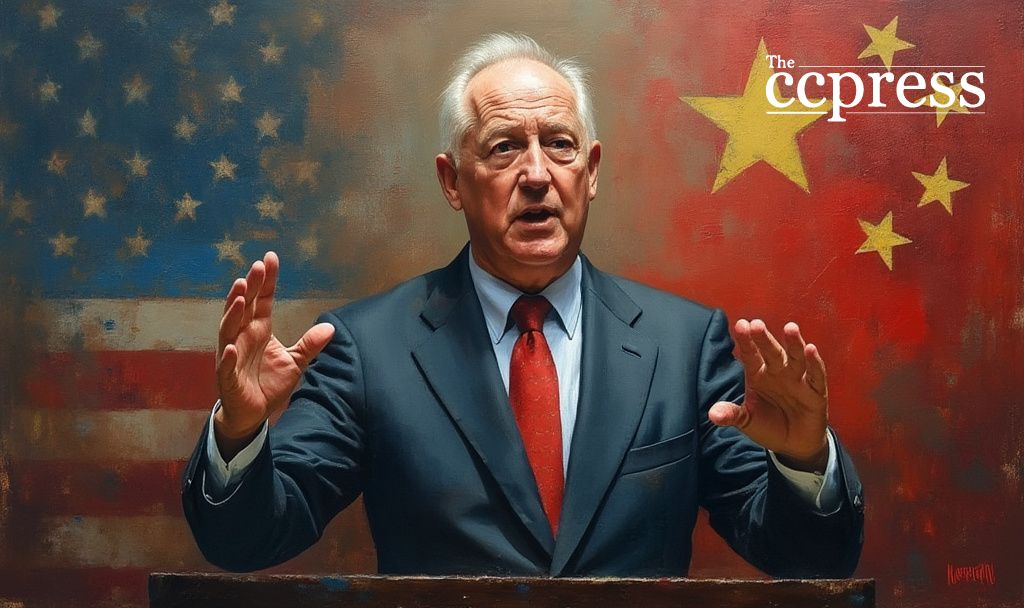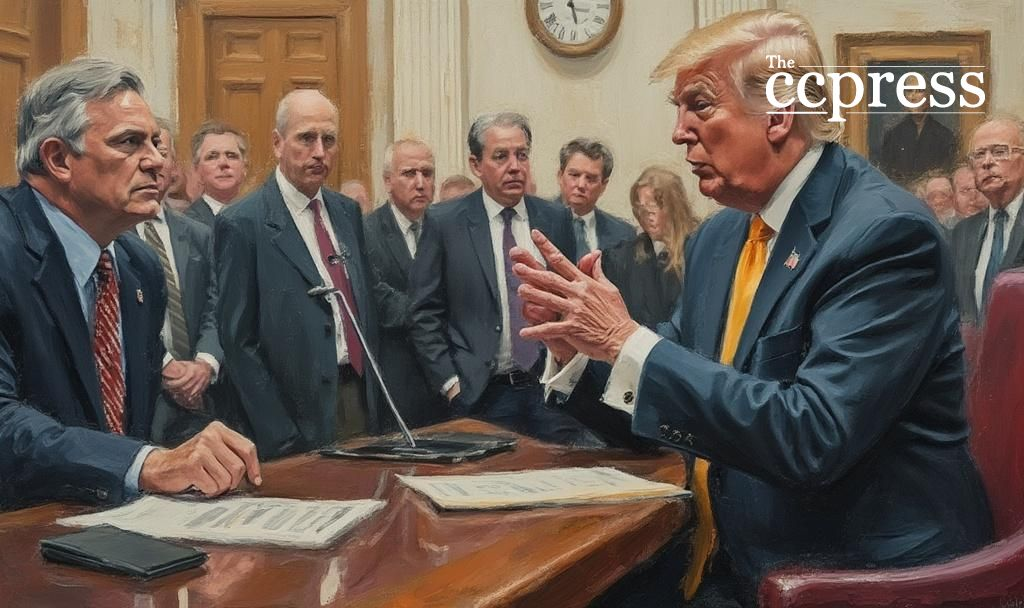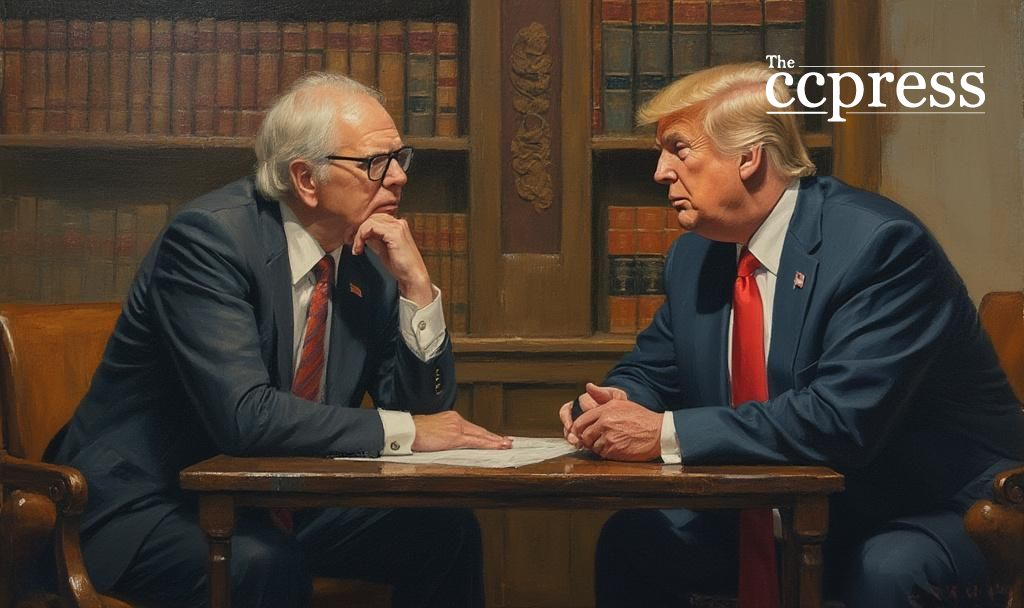- 104% tariff on Chinese goods, economic implications.
- Potential impacts on U.S. economy are concerning.
- Volatility observed in crypto and traditional markets.

The trade conflict between the U.S. and China threatens market stability, raising concerns over economic repercussions globally.
The decision by the U.S. administration to impose a significant tariff on Chinese imports has caused notable shifts in markets. Peter Schiff, a vocal critic, highlighted China’s potential leverage as the largest U.S. creditor.
Peter Schiff, Economist and CEO of Euro Pacific Capital, warned, “China could damage the U.S. economy without imposing tariffs by selling off U.S. Treasury bonds or redirecting its goods for domestic consumption instead of exporting to the U.S.”
Bitcoin and Ethereum prices have dropped significantly following the tariff announcement.
The tariff led to immediate market volatility and an increase in liquidation activities, signaling bearish sentiments. Schiff predicts further economic disruptions in sectors dependent on imports from China, such as manufacturing.
Past trade conflicts have similarly induced unease in financial markets, highlighting the fragility of debt-dependent economies. Economists like Arthur Hayes suggest possible movements of Chinese investments towards Bitcoin amidst currency inflation pressures.
Insights into the economic turmoil include potential long-term changes in global trade dynamics. Schiff advocates for a shift from U.S. debt to gold holdings to mitigate the impact of the trade war, while on-chain data indicates fluctuating support levels for cryptocurrencies.






























